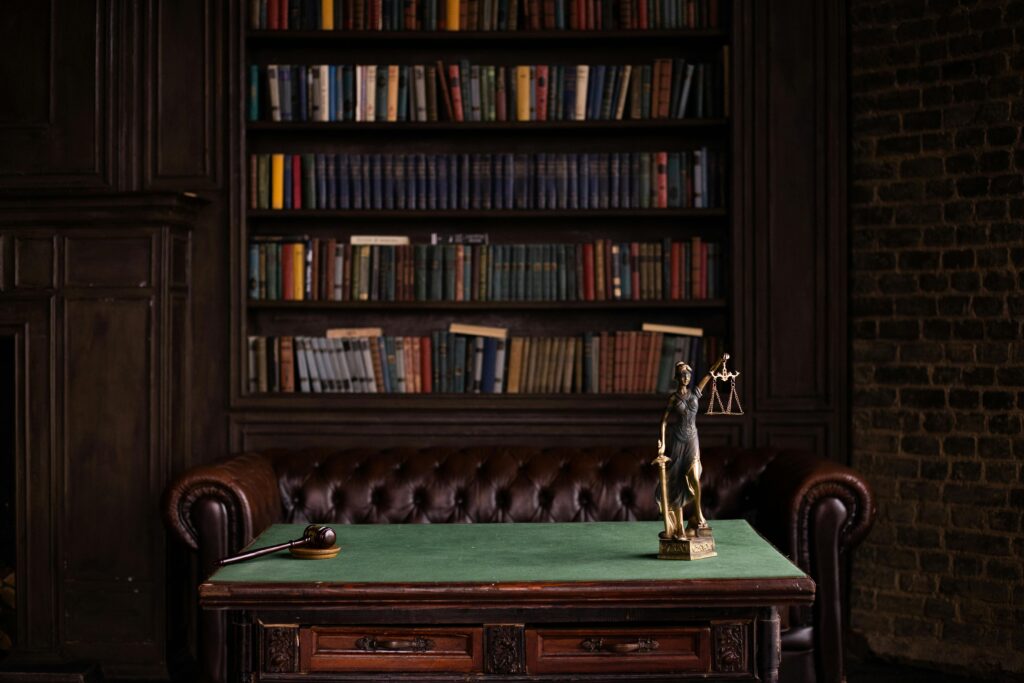
Legal Precedent on Repetitive Applications: Supreme Court Ruling in Likowa v. Aluochier
The law is very clear on the outcome of repetitive applications. This case demonstrates the outcome of such instances as the Supreme court dismisses an attempt to reintroduce an already decided matter. Petition (Application) E008 of 2024 arose to challenge the ruling that was delivered by the Supreme Court of Kenya on July 26th, 2024. The ruling was a result of another application by the same party which was filed on May 20th, 2024. The said application was based on whether the Supreme Court could hear and determine an application for admission of additional evidence where it had dismissed a similar application in the same matter.
Facts

Isaac Aluoch Polo Aluochier, being the 1st respondent in this case, dissatisfied with the ruling delivered on 26th July 2024 for the Application dated May 20th, 2024, decided to make another application to the Supreme Court relying on the ground that he had additional evidence that he believed could change the outcome of the case. Aluochier’s application was a reiteration of the previous application he filed on 20th May 2024, to which the court had allegedly not rendered a decision.
Aluochier claimed that additional evidence emerged following the parties’ engagement in an out-of-court settlement. He also claimed that the additional evidence removes any ambiguity or uncertainty surrounding the case, is credible, and has merit. Aluochier further alleged that the evidence was previously held by the 2nd and 3rd Respondent in this case, revealing deliberate deception to the court.
The petitioner opposed the application and alleged that Aluochier did not follow the correct legal procedures or provide sufficient legal grounds to justify the court’s decision to accept new evidence. The petitioner also claimed that the application dated 20th May 2024 was dismissed with valid reasons. The petitioner further claimed that the issues that were supposed to be clarified by the additional evidence were no longer relevant to decide the matter since there was no active dispute between them and the Aluochier as the petitioner had already vacated the office of the Speaker of the County Assembly of Migori, and Christopher Odhiambo Rusana elected to the position on May 28th 2024.
Issues for determination
- Whether the Supreme Court could determine an application for admission of additional evidence where it had dismissed a similar application in the same matter.
Analysis
The Supreme Court found that it had the jurisdiction to admit or call for additional evidence in an appeal following section 20 of the Supreme Court Act, Cap 9B. The court further found that the application by Aluochier was a replica of the application dated 20th May 2024 which the court had conclusively determined in its ruling dated 26th July 2024.
As such, the court found that the application was an abuse of court process since it was a disguised appeal against that ruling. Furthermore, Aluochier’s application had been overtaken by events since the petitioner had already been impeached by the Members of the County Assembly of Migori on April 23, 2024. Thus, the court dismissed Aluochier’s application and ordered him to bear the costs of the entire application.
Conclusion
The Supreme Court has powers under rule 26 of the Supreme Court Rules 2020 to admit or call for additional evidence. However, this power is exercised sparingly and, on a case,-to-case basis. The issues raised by Aluochier had been rendered moot due to the impeachment of the petitioner and the appointment of a new speaker. This case emphasizes the principle that the court’s due process must be followed and warns litigants from filing repetitive applications as that amounts to the abuse of the court’s process.
For more insights pertaining to this matter, you can reach the writer at nyala@mmsadvocates.co.ke . You can also contact us at MMS Advocates, Lower Duplex Apartments, Lower Hill Road, or email us at info@mmsadvocates.co.ke